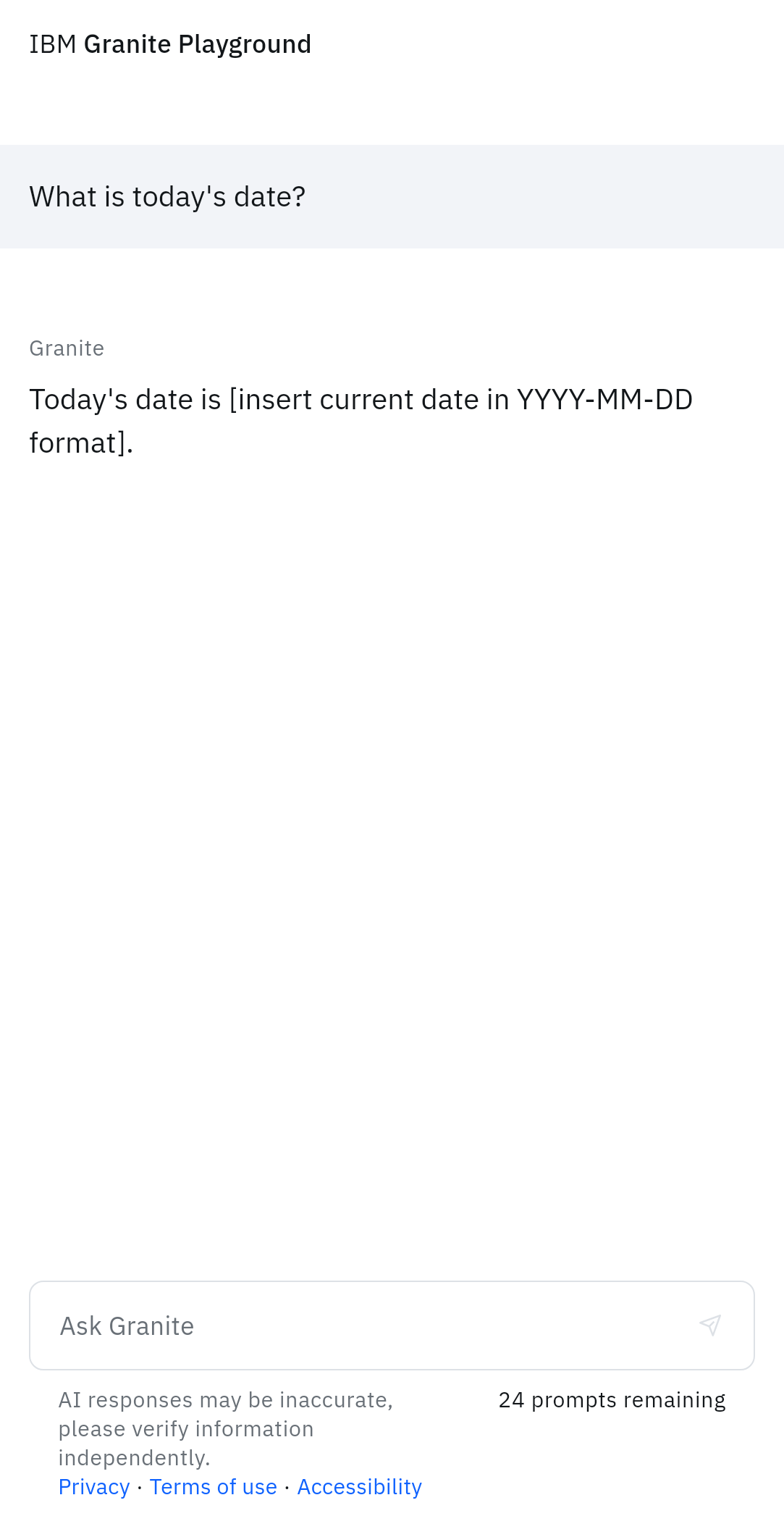

This is an uphill battle in the face of corporate lobbying, learned fixedness, and, let’s face it, unintuitive UX that is found in some selection of FLOSS which is often absent in proprietary counterparts: something that people who are not tech savvy (tech-indifferent?) would prefer not to put up with.
However, I think the last problem can be mitigated with the right kind of focus and funding from such initiatives.
There have been many such initiatives[0][1] over the years in different countries where they eventually lose steam and fade away.
Also, is there an operating system backed or sponsored by EU that is actively maintained, analogous to BOSS[2] and Pardus[3]?
[0] https://en.m.wikipedia.org/wiki/Category:State-sponsored_Linux_distributions
[1] https://en.wikipedia.org/wiki/List_of_Linux_adopters
[2] https://en.wikipedia.org/wiki/Bharat_Operating_System_Solutions
[3] https://en.wikipedia.org/wiki/Pardus_(operating_system)
E: typo




Pentium II and 160MB RAM are plentiful, and it is no surprise that NetBSD is a breeze to use on it.
I got NetBSD running on a ThinkPad 760XD (Pentium MMX, 32MB RAM) which I revived around last summer, and it works just fine. Though running emacs on it is not a smooth experience with my configuration loaded, but it runs well vanilla. With enough tweaking, it can be a capable writing machine, especially with its flip-up keyboard.
The blog post is really good and insightful. I have never considered connecting aforementioned machine to the internet, but I think I might do it after reading this post just to try out Dillo.